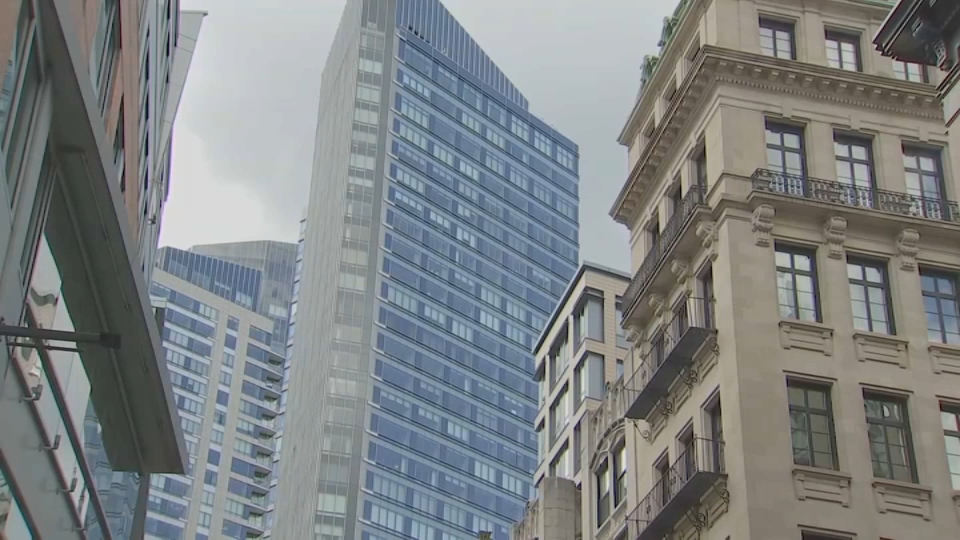The news came Wednesday of long-awaited progress on an issue impacting homeowners across Boston: Property tax bills at risk of rising due to falling commercial property values.
Mayor Michelle Wu announced the temporary tax shift following agreement with major business groups.
WATCH ANYTIME FOR FREE
Stream NBC10 Boston news for free, 24/7, wherever you are. |
"We want to make sure residents don't have a major residential tax spike come January," Wu said Thursday.
Get updates on what's happening in Boston to your inbox. Sign up for our News Headlines newsletter.
The original five-year proposal ran into a wall on Beacon Hill after Senate President Karen Spilka and the business community shared concerns about the long-term impacts.
The three-year compromise has the tax rate for commercial properties — currently taxed at 175% of the residential rate — rising to 181.5% in the first year of the plan, then dropping to 180% the second year and 178% the third year, before returning to normal.
"We have more specific projections of where the valuations will land and so this is well within the range we want it to be within," Wu said.
The think tank Boston Policy Institute has concerns about the plan. Founder Greg Maynard said he views the compromise as neither positive nor negative, pointing to the ongoing issue with commercial property values.
"This is something that's going to continue to happen year-after-year, we're going to keep seeing commercial values fall," he said.
Even so, city leaders say it's critical to meet the immediate need.
"I see our job as tackling all the challenges at the same time," said Wu, "Some are short-term like taxes in January, and some are long-term, with how we fill all those vacant spaces in commercial buildings."
While that discussion plays out, the current compromise still needs to clear several steps. Boston City Council and state lawmakers will be working on a tight timeline to approve the plan prior to property tax bills going out in January, with City Council setting up an emergency virtual meeting Friday morning to vote on the proposal.




